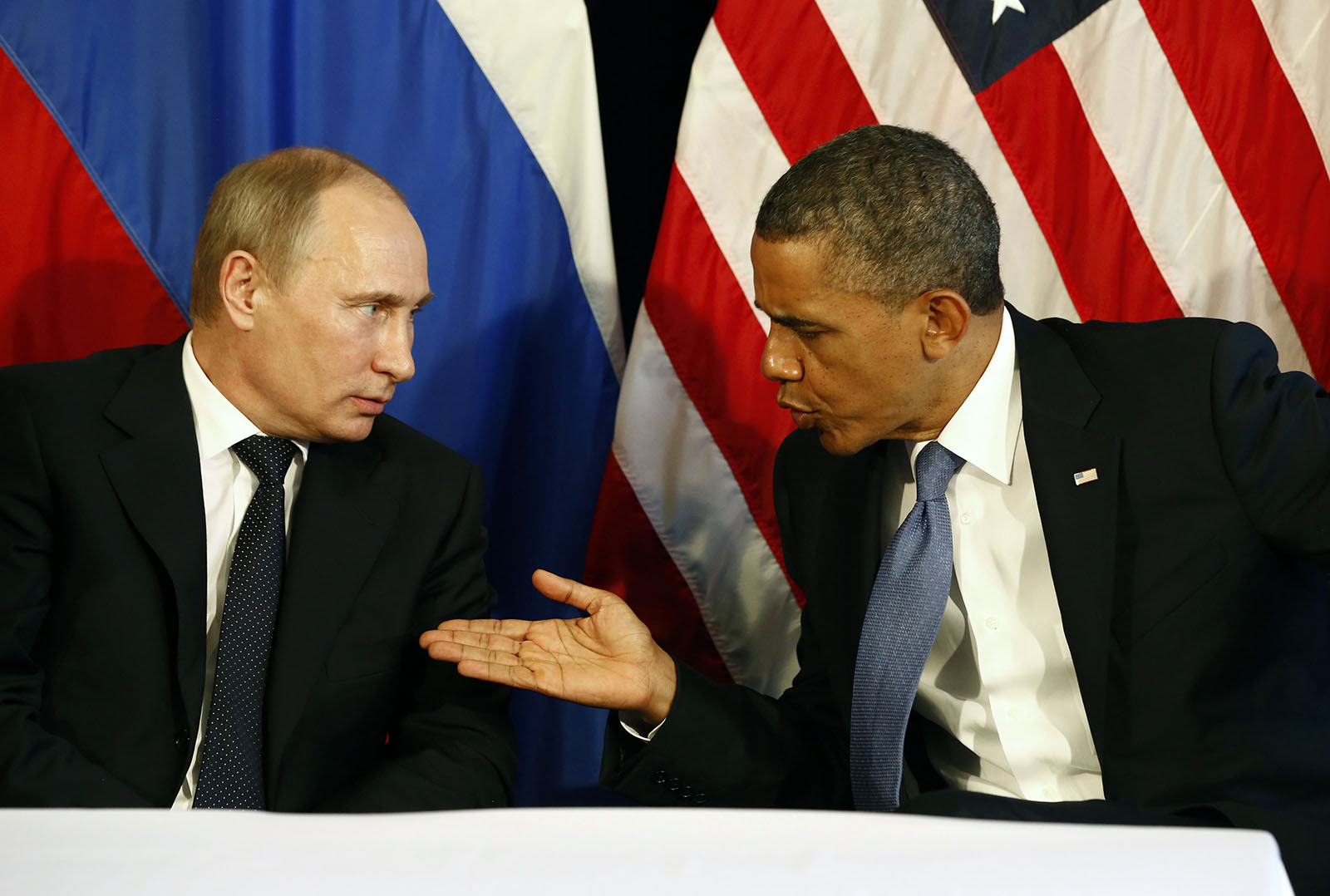by Ben Judah
The West is blinking in disbelief – Vladimir Putin just invaded Ukraine. German diplomats, French Eurocrats and American pundits are all stunned. Why has Russia chosen to gamble its trillion-dollar ties with the West?
Western leaders are stunned because they haven’t realized Russia’s owners no longer respect Europeans the way they once did after the Cold War. Russia thinks the West is no longer a crusading alliance. Russia thinks the West is now all about the money.
Putin’s henchmen know this personally. Russia’s rulers have been buying up Europe for years. They have mansions and luxury flats from London’s West End to France’s Cote d’Azure. Their children are safe at British boarding and Swiss finishing schools. And their money is squirrelled away in Austrian banks and British tax havens.
ALSO ON THE TRENT: It Just Got Real: Russian Stocks Tank In Reaction To Obama Sanctions
ALSO ON THE TRENT: 10 Surprising Facts About Russia’s President Vladimir Putin’s Extraordinary Past
Once Russia’s powerful listened when European embassies issued statements denouncing the baroque corruption of Russian state companies. But no more. Because they know full well it is European bankers, businessmen and lawyers who do the dirty work for them placing the proceeds of corruption in hideouts from the Dutch Antilles to the British Virgin Islands.
We are not talking big money. But very big money. None other than Putin’s Central Bank has estimated that two thirds of the $56 billion exiting Russia in 2012 might be traceable to illegal activities. Crimes like kickbacks, drug money or tax fraud. This is the money that posh English bankers are rolling out the red carpet for in London.
Behind European corruption, Russia sees American weakness. The Kremlin does not believe European countries – with the exception of Germany – are truly independent of the United States. They see them as client states that Washington could force now, as it once did in the Cold War, not to do such business with the Kremlin.
When Russia sees Spain, Italy, Greece and Portugal outbidding each other to be Russia’s best business partner inside the EU (in return for no mention of human rights), they see America’s control over Europe slowly dissolving.
Back in Moscow, Russia hears American weakness out of Embassy Moscow. Once upon a time the Kremlin feared a foreign adventure might trigger Cold War economic sanctions where it hurts: export bans on key parts for its oil industry, even being cut out of its access to the Western banking sector. No more.
Russia sees an America distracted: Putin’s Ukrainian gambit was a shock to the U.S. foreign policy establishment. They prefer talking about China, or participating in Israeli-Palestinian peace talks. Russia sees an America vulnerable: in Afghanistan, in Syria and on Iran—a United States that desperately needs Russian support to continue shipping its supplies, host any peace conference or enforce its sanctions.
Moscow is not nervous. Russia’s elites have exposed themselves in a gigantic manner – everything they hold dear is now locked up in European properties and bank accounts. Theoretically, this makes them vulnerable. The EU could, with a sudden rush of money-laundering investigations and visa bans, cut them off from their wealth. But, time and time again, they have watched European governments balk at passing anything remotely similar to the U.S. Magnitsky Act, which bars a handful of criminal-officials from entering the United States.
All this has made Putin confident, very confident – confident that European elites are more concerned about making money than standing up to him. The evidence is there. After Russia’s strike force reached the outskirts of Tbilisi, the Georgian capital, in 2008, there were statements and bluster, but not a squeak about Russia’s billions. After Russia’s opposition were thrown into show trials, there were concerned letters from the European Union, but again silence about Russia’s billions.
The Kremlin thinks it knows Europe’s dirty secret now. The Kremlin thinks it has the European establishment down to a tee. The grim men who run Putin’s Russia see them like latter-day Soviet politicians. Back in the 1980s, the USSR talked about international Marxism but no longer believed it. Brussels today, Russia believes, talks about human rights but no longer believes in it. Europe is really run by an elite with the morality of the hedge fund: Make money at all costs and move it offshore.
The opinions expressed in this article are solely those of the author.







